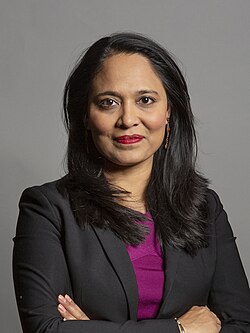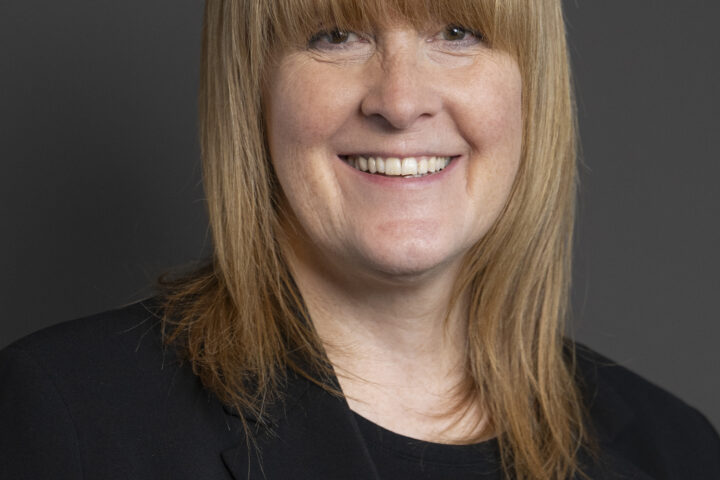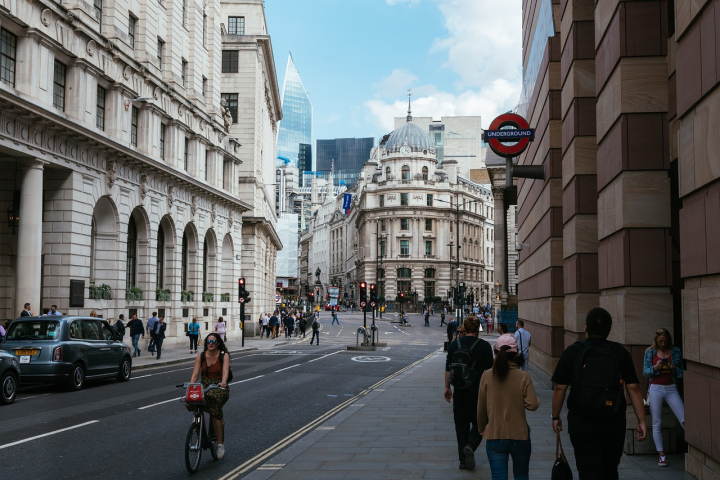The Conservatives are poised to call an election for July 4th, emphasizing the nascent economic recovery as central to their re-election campaign. With inflation decreasing and growth picking up, Prime Minister Rishi Sunak and Chancellor Jeremy Hunt have repeatedly claimed that their “plan is working.” However, the sudden shift in election timing suggests underlying issues within the government.
Initially, the election strategy was to wait until autumn, anticipating that summer interest rate cuts and another round of tax cuts would boost the UK’s economic recovery. Today’s data releases, however, disrupted these plans. Although inflation fell to 2.3%, its lowest level in nearly three years, it remained above expectations. City forecasters and the Bank of England had predicted a drop to 2.1%.
More critically, underlying measures of inflation, particularly services inflation, did not meet expectations. Services inflation, a key indicator for the Bank of England, only decreased to 5.9% from 6.0%, falling short of the anticipated 5.5%. This measure is crucial for determining when the Bank might begin cutting interest rates. Consequently, the market’s reaction reflected this lack of progress, with traders now seeing only a 12% chance of a rate cut in June, down from 50% at the start of the week. A rate cut is now fully priced in for November.
The Conservatives had hoped for falling interest rates to reinforce the economic recovery by autumn. Earlier this year, Hunt suggested that the economic “feelgood factor” would strengthen as interest rates dropped. However, with the latest inflation figures, summer rate cuts seem uncertain. The Bank of England even anticipates inflation might rise again later in the year, potentially nearing 3% by autumn.
Another key aspect of the Conservative strategy was the possibility of pre-election tax cuts. Unfortunately, recent public finance figures further complicate this plan. The Office for National Statistics reported a £20.5bn difference between government income and spending last month, surpassing forecasts and raising doubts about the feasibility of significant tax cuts. The International Monetary Fund also highlighted a £30bn shortfall in the government’s fiscal plans, advising against further tax reductions.
In response, Rob Wood, chief UK economist at Pantheon Macroeconomics, noted that there isn’t room for tax cuts. Ironically, this economic challenge led to the election being called earlier than planned. Prime Minister Rishi Sunak announced the election on July 4th, emphasizing the importance of choosing the country’s future amid challenging circumstances.
Standing outside Downing Street in the rain, Sunak outlined his government’s achievements and urged voters to build on their progress rather than risk uncertainty under Labour. Labour leader Keir Starmer, aiming to capitalize on the opportunity for change, called for voters to end the chaos and rebuild Britain.
Sunak enters the election trailing significantly behind Labour in the polls and somewhat isolated within his party. Despite this, he has chosen to present his agenda to voters now, banking on recent economic improvements to gain support. In a rally in east London, Sunak declared that the British people would not take kindly to being taken for granted by Labour, setting the stage for a contentious campaign.




